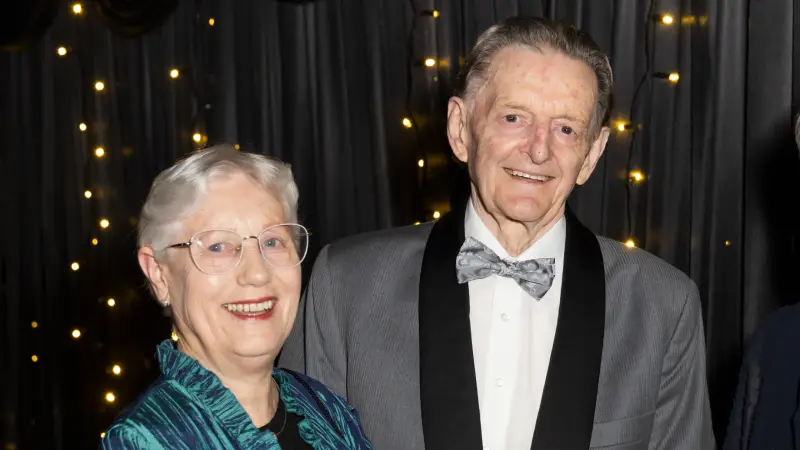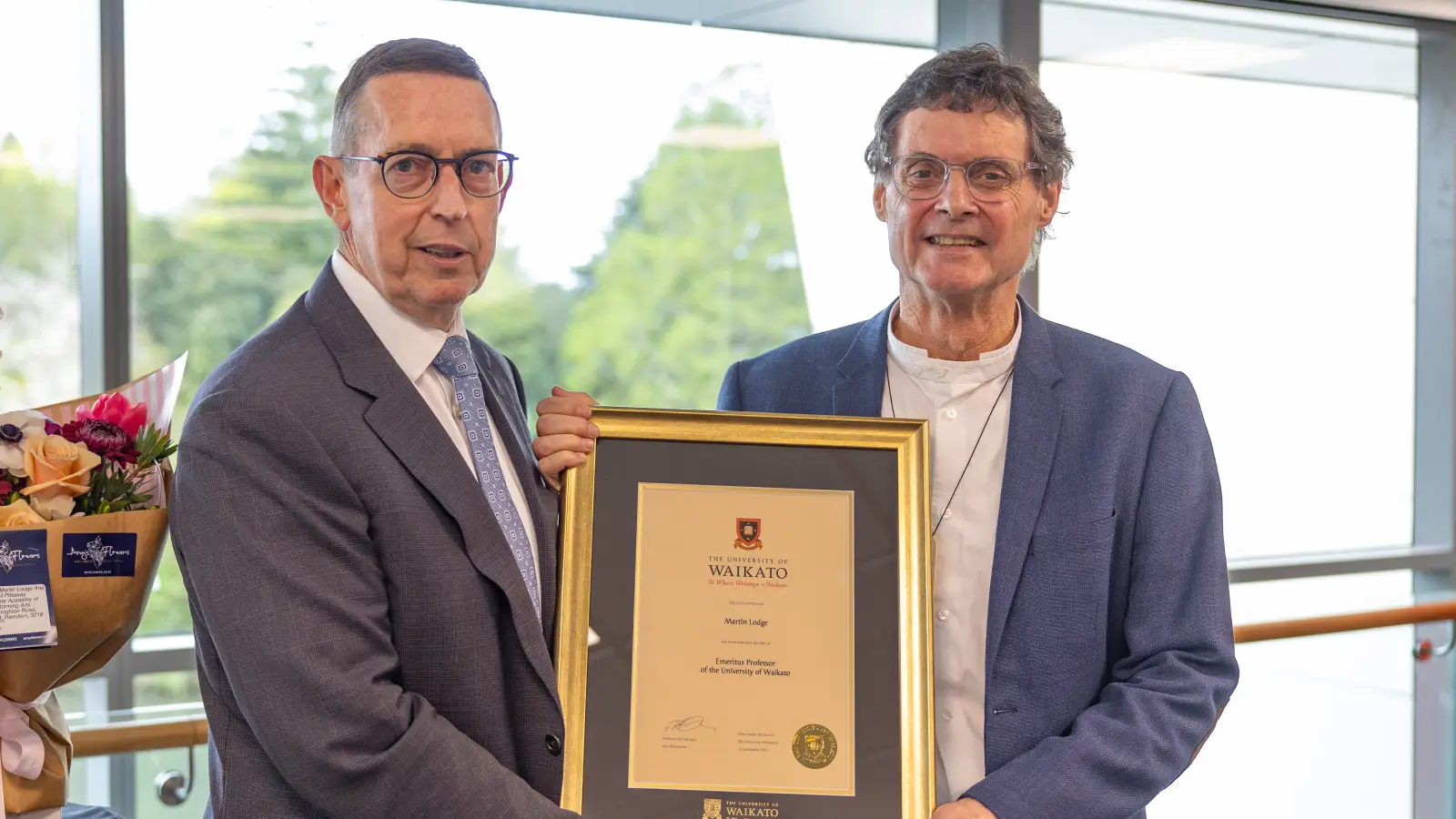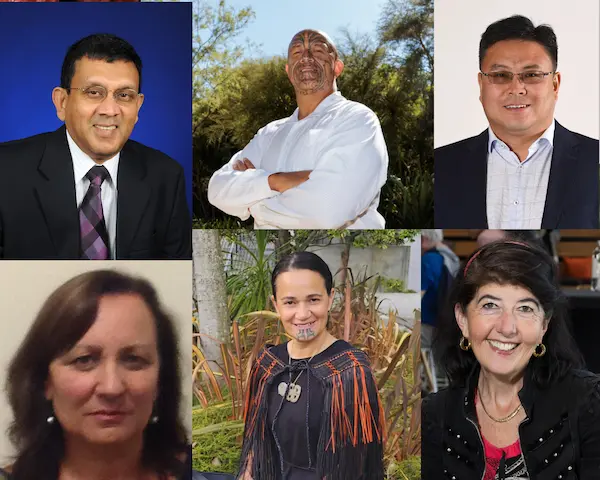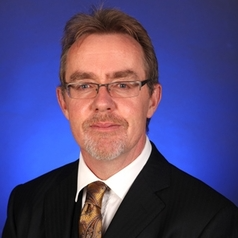It is a rare honour - the first time a Māori academic has been elected to join the Academy, and only the third time a New Zealander has been elected with the late Canterbury evolutionary biologist David Lloyd elected in 1993 and former Prime Minister Helen Clark elected in 2012.
 Professor Smith, author of seminal Indigenous studies text Decolonizing Methodologies: Research and Indigenous People, is in good company, with media entrepreneur and philanthropist Oprah Winfrey on the 2021 list of 252 new global members.
Professor Smith, author of seminal Indigenous studies text Decolonizing Methodologies: Research and Indigenous People, is in good company, with media entrepreneur and philanthropist Oprah Winfrey on the 2021 list of 252 new global members.
Other distinguished members include Benjamin Franklin, Charles Darwin, Albert Einstein, Winston Churchill, Martin Luther King, Jr, Georgia O’Keeffe, Toni Morrison and Nelson Mandela. There are more than 250 Nobel and Pulitzer Prize winners among their ranks.
“There are quite a few of my heroines on the list, including (Hawaiian human rights advocate and political scientist) Haunani-Kay Trask and (Indian scholar and literary critic) Gayatri Chakravorty Spivak. I feel very honoured and humbled as a Māori woman to be elected,” says Professor Smith, who has been a leader in the field of Indigenous studies and kaupapa Māori research for more than three decades.
Her books, articles and YouTube lectures are prescribed texts in universities around the globe.
“I never started my work because I thought organisations such as this would be interested in anything I do, but it demonstrates some of the changes occurring in the knowledge world in terms of increased diversity, the inclusion of women and people of colour and Indigenous cultures. It’s a sign that things are changing and I feel good about that.”
The Academy was established in 1780, and celebrates “extraordinary people who help solve the world’s most urgent challenges, create meaning through art and contribute to the common good from every field, discipline and profession”.
“We are honouring the excellence of these individuals, celebrating what they have achieved so far, and imagining what they will continue to accomplish,” said David Oxtoby, President of the American Academy.
Professor Smith has strong relationships with Indigenous researchers and communities around the world, including North America and Australia.
She also has links to the United States, having lived in Carbondale, Southern Illinois as a teenager when her father was doing his PhD there.
“It was the 1960s, and the civil rights movement was gaining strength,” recalls Professor Smith, who is a passionate advocate for Indigenous and civil rights. “Living in the US at that time helped give me perspective to the issues faced by Māori in New Zealand at that time.”
Professor Smith is one of the first Māori women to become a Fellow of the Royal Society of New Zealand in 2016, is also a member of the Waitangi Tribunal. She contributes to both research and Māori communities in a number of other roles and projects, and is currently doing research in the areas of health and family violence.
The Academy is planning to hold its annual induction weekend for new members in April 2022 in Cambridge, Massachusetts, and Professor Smith hopes to attend if Covid-19 travel restrictions allow.
For more information on the American Academy of Arts & Sciences see www.amacad.org



